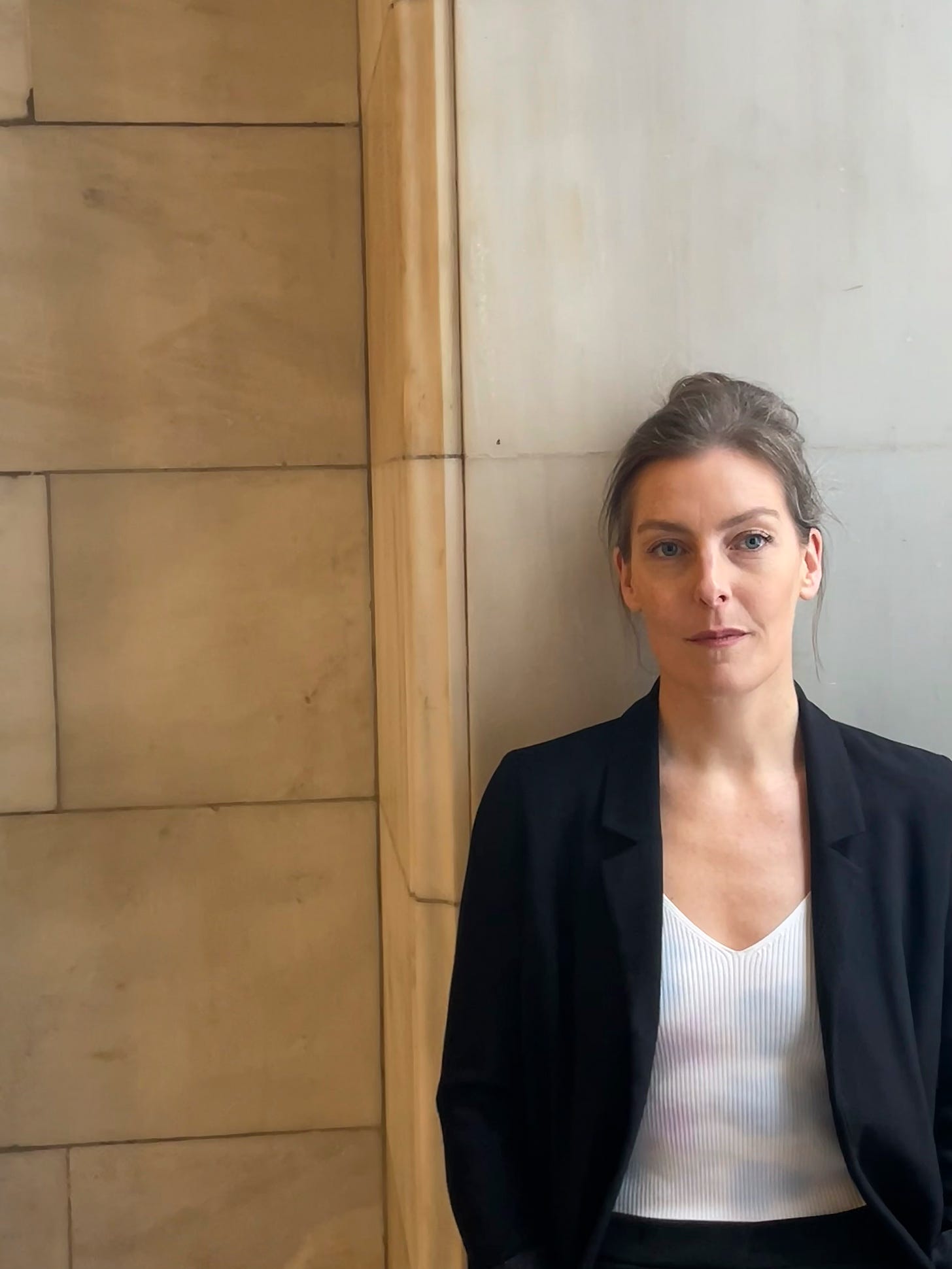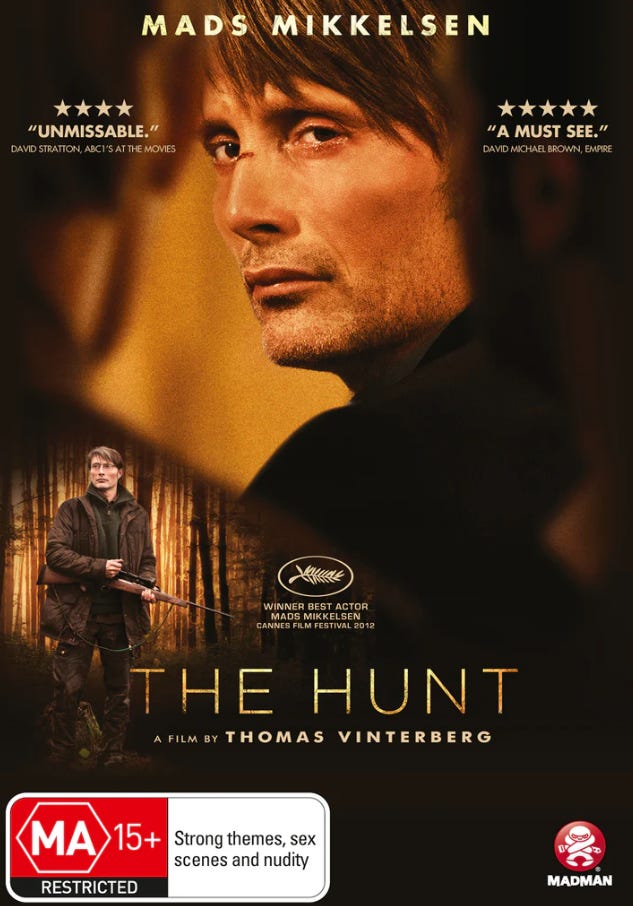News & Reviews Magazine
This article is part of ‘CaoilinnRama’, our August special edition. Read the editor’s letter to see what other fantastic writing has just been published. If you’re annoyed that it’s paywalled, then that means you wanted to read it, which means you value it. These writers get paid for what they do because their work is valuable.

The piece you’re reading now is by Caoilinn Hughes herself! Caoilinn is the author of The Alternatives, which was a New York Times Editors’ Choice, The Wild Laughter, which won the Royal Society of Literature’s Encore Award and was longlisted for the International Dylan Thomas Prize, and Orchid & the Wasp, which won the Collyer Bristow Prize and was longlisted for the International Dublin Literary Award. She was recently the Oscar Wilde Centre Writer Fellow at Trinity College Dublin and a Cullman Center Fellow at New York Public Library.
On Trusting the Audience: Has #MeToo Spoiled Our Appetite for Moral Ambiguity in Art?
I loitered in the foyer of Brooklyn’s St Ann’s Warehouse after the play, because I love post-show chatter and it was feverish. The younger audience members in particular were having intense, outraged reactions to one specific aspect of the play, and I haven’t stopped thinking about those reactions since.
It was a stage adaptation of a film I love by the same name: The Hunt. (Filmmaker Thomas Winterberg makes some absolute belters—Festen is unmissable; Another Round too—and Winterberg not only directed The Hunt but wrote its screenplay with Tobias Lindholm.) The story follows a kindergarten teacher, Lucas, played in the film by Mads Mikkelsen, who is going through a divorce and is struggling for custody of his son. He gives too-handsome-for-his-own-good vibes. He gives mid-life crisis vibes. Alcohol could be an issue, as could various hyper-macho lifelong friendships. As a new relationship burgeons and some good news arrives regarding his son, things look up for the small-town teacher… until one of his students tells a lie, and his life is swiftly and irrevocably brought to ruin. The film is a parable about the loss of innocence, the impact of isolation, and the fragility of reputation. It’s about the well-meaning effort to protect the truth, even if that truth must be selected.
The lie? A child claims that Lucas showed her his genitals.
Keep reading with a 7-day free trial
Subscribe to News & Reviews by Bri Lee to keep reading this post and get 7 days of free access to the full post archives.







